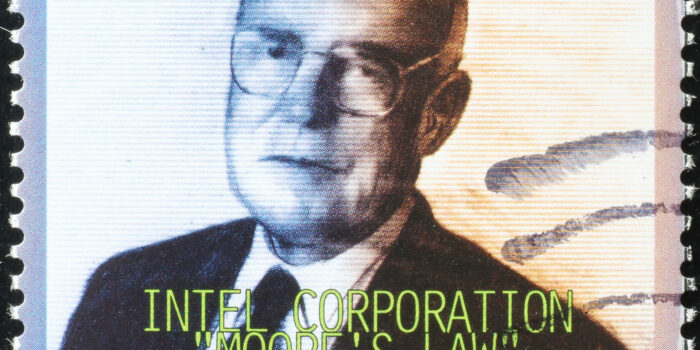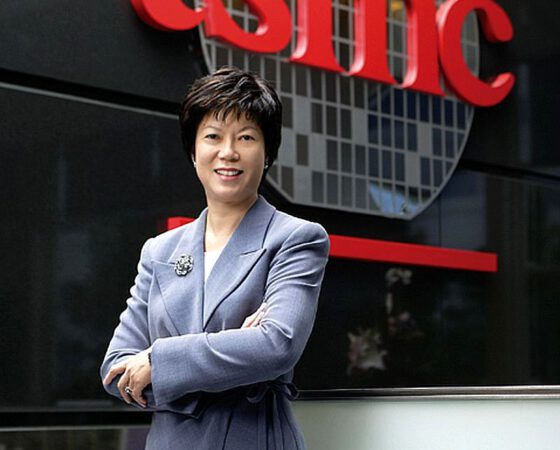Intel co-founder Gordon Moore has died at the age of 94. Famous for conceiving what became known as Moore’s Law, which predicted that the number of transistors on a semiconductor would double each year, Moore’s observation became something of a standard that was followed by the tech industry as a whole.

While not strictly following the 12-month cycle that Moore predicted, the development of computer monitors, hard drives, and electronic devices more generally, nevertheless all tracked a roughly 18-month cycle, with new generations of products making previous models obsolete.
Famously though, and despite the multitude of achievements that he could rightfully stand behind, Moore was well regarded for his modesty. In 2005, he even referred to Moore’s Law as “a lucky guess that got a lot more publicity than it deserved.”
Moore’s introduction to microchips came when he worked for William Shockley, who won the Nobel Prize for Physics in 1954; leaving two years later with seven colleagues, the so-called “traitorous eight” formed Fairchild Semiconductor* in 1957, one of the first companies to manufacture integrated circuits. In 1968, Moore and colleague Robert Noyce co-founded Intel, deriving its company name from “integrated circuit” and “electronics”.
Moore later became known for his philanthropy, when he and his wife established the Gordon and Betty Moore Foundation, which focuses on environmental conservation, science, patient care and projects in the San Francisco Bay area. It has donated more than $5.1 billion to charitable causes since 2000.
A man to be admired. A great legacy.
*Techworks Asia is proud to have worked with Fairchild Semiconductor during the company’s marketing and PR introduction to the Greater China and Asia markets. We wish Gordon Moore’s family and friends well at this time.






